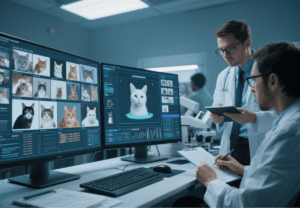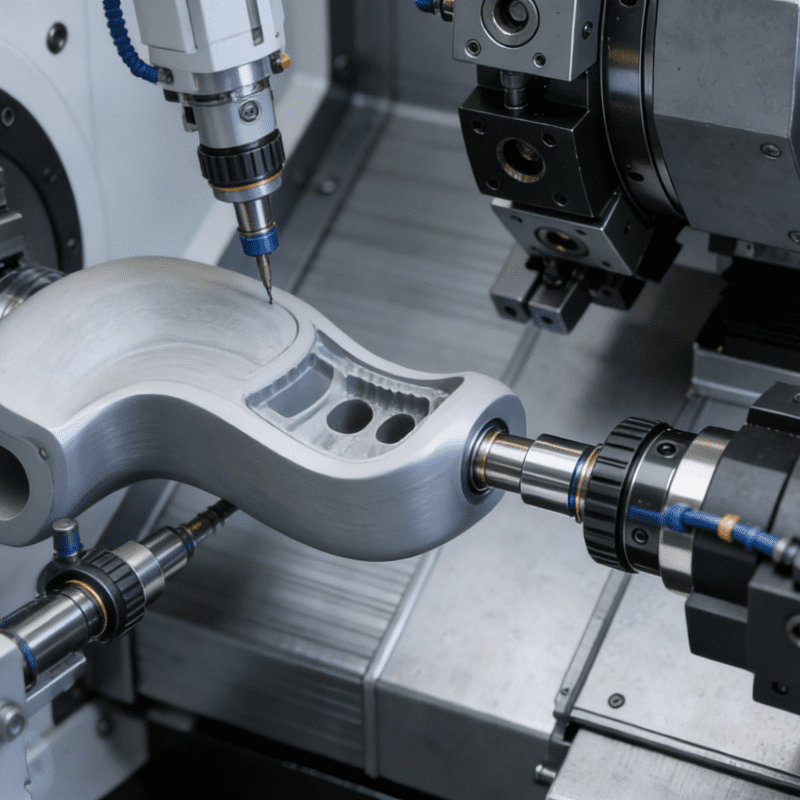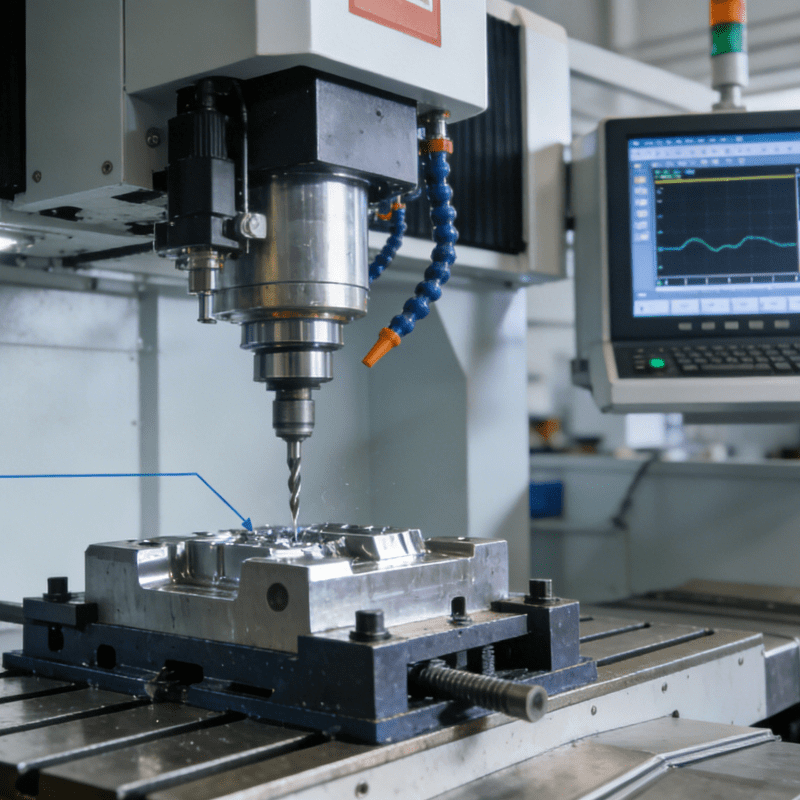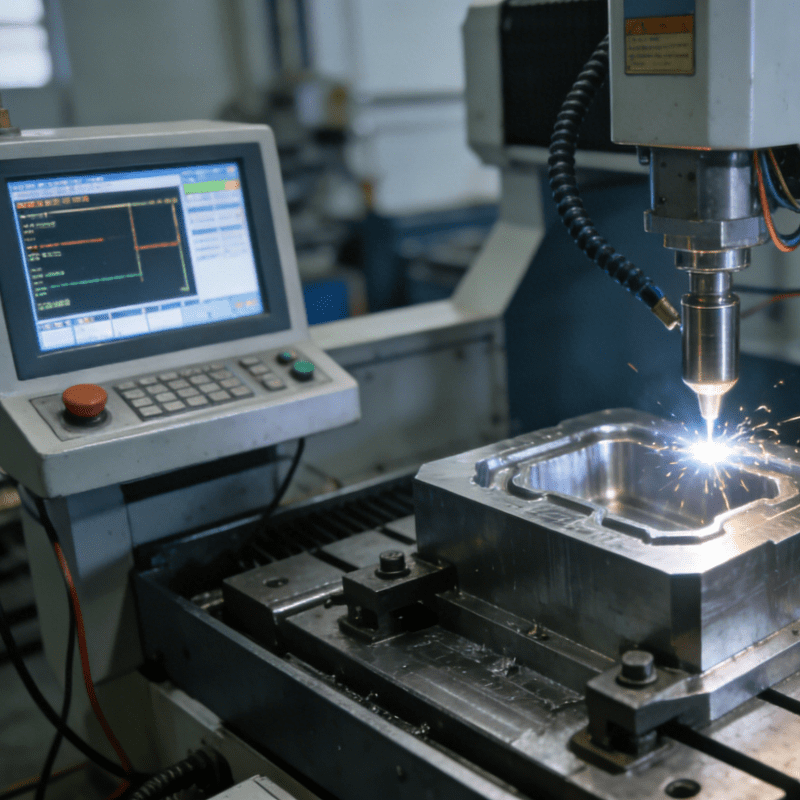
Imagining the Shift from Generative AI to General AI — and How That Impacts Fire Service Jobs
For those of us in the fire service, where every call demands split-second judgment, trust in teammates, and a gut sense of “what feels right,” a question keeps surfacing: “Will artificial intelligence ever take over our jobs?” It’s a question I hear often when talking about fire service tech, and it’s not one with a simple yes or no. To even start unpacking it, we first need to understand what AI is right now — and what it might become.
| DOWNLOAD: How to fund your next station (eBook)
How does AI work?
AI is essentially a computer program that uses probabilities to answer questions and create content based on prompts. Before it can do this, it has to learn. AI learns by being shown lots of examples and adjusting its guesses based on whether it was right or wrong — kind of like getting feedback from a teacher. For example, let’s say you want to teach AI what a cat is. You show it pictures of cats, and you tell it, “This is a cat.” The AI starts to notice things:
·Cats have pointy ears
·They have whiskers
·They’re furry
·They meow
Eventually, when shown a new picture it’s never seen, it can recognize, “That looks like a cat!” If it guesses wrong, a human corrects it, and it remembers the mistake.
Large Language Models (LLMs) like ChatGPT learn in similar ways. Instead of cat pictures, they’re trained on vast amounts of text — mostly free online literature. Because different AI systems absorb different data, they produce different answers. When given a prompt, they pick the most likely response based on what they’ve learned. This is called generative AI.
Generative AI can’t think, feel, or understand emotions. It won’t replace humans, but it can make our work easier — a tool, not a replacement.
The shift to general AI and robotics
The next step for AI is “general AI” — a system that doesn’t exist yet, but would theoretically do anything a human can: talk, problem-solve, learn on its own, even get jokes or empathy. Think of Jarvis from Iron Man. But could it ever match the way we read a room, comfort a scared kid, or make a call that defies probabilities because “it’s the human thing to do”? That’s the big unknown.
Robotics, too, has a long way to go. Boston Dynamics’ bipedal robots can walk or climb stairs, but they’re no match for the chaos of a burning building, a collapsed structure, or a flooded street — environments where we thrive.
Ethical use of AI
Then there’s ethics: When do we let AI make life-or-death calls? Current LLMs sometimes “hallucinate” — make up info — because they prioritize sounding confident over being right. Could general AI do the same? We don’t know. In I, Robot, a robot saves Will Smith’s character over a child because it calculated better odds — a scenario that feels all too possible. But an AI would never grasp why we mow Mr. Smith’s lawn after taking him to the hospital, or stay late to help a family sort through fire-damaged photos. Those are the human touches that define our work.
What’s now — and next?
So if you’re worried about your job: Breathe. Even if general AI ever replaces us, it won’t happen in our lifetimes — and certainly not overnight. More likely, AI will join your crew as a helper: checking hydrants, filing reports, prepping incident plans — the tedious stuff that eats up time. That frees you up to do what matters most: respond, connect, lead.
For now, lean into it. AI is already making our days easier. Forward-thinking departments use LLMs to draft policies in hours instead of days. They drop spreadsheets into AI tools to get heatmaps, unit utilization stats, or analytics that once took hours of math. LLMs can even turn incident audio into transcripts, cross-check them with protocols, and draft after-action reports — all so you can focus on training, teamwork, or going home on time.
AI isn’t coming to take our jobs. It’s coming to let us do our jobs better — with more time for the human parts that no algorithm can replicate. And that’s a future worth getting excited about.
AI automatic production of spring products
Compare the advantages and disadvantages of spring assembly automation and artificial intelligence



















